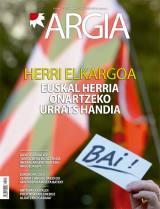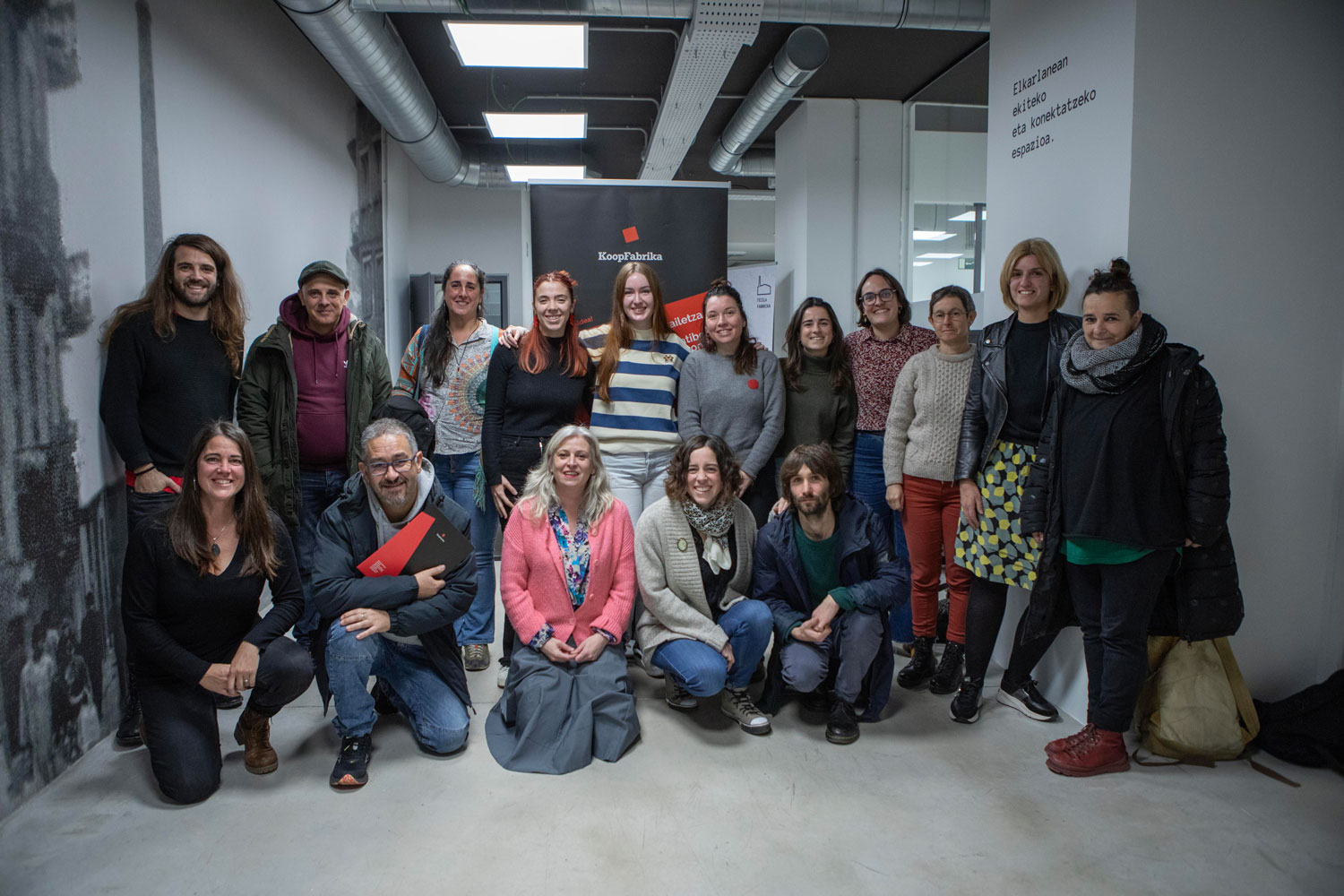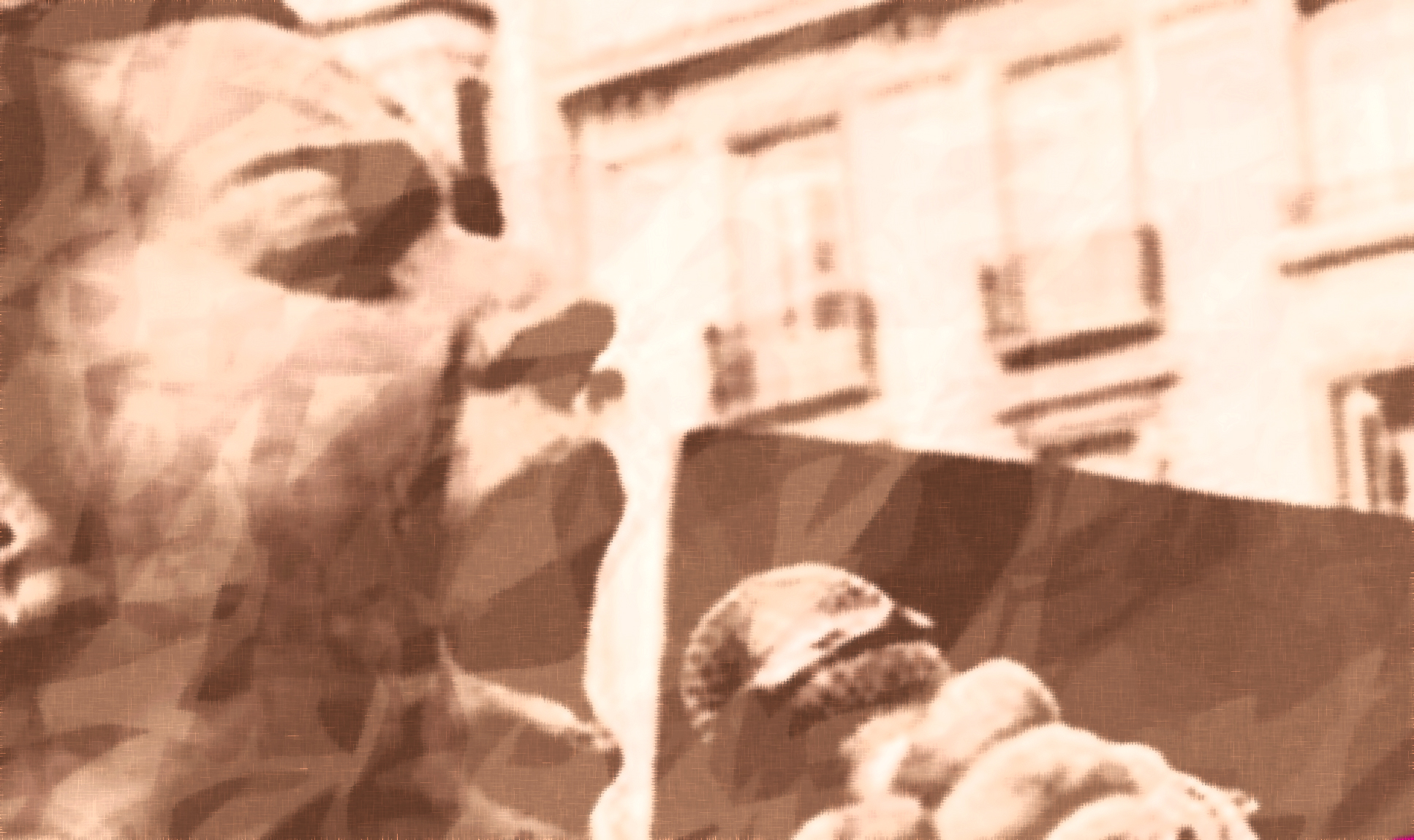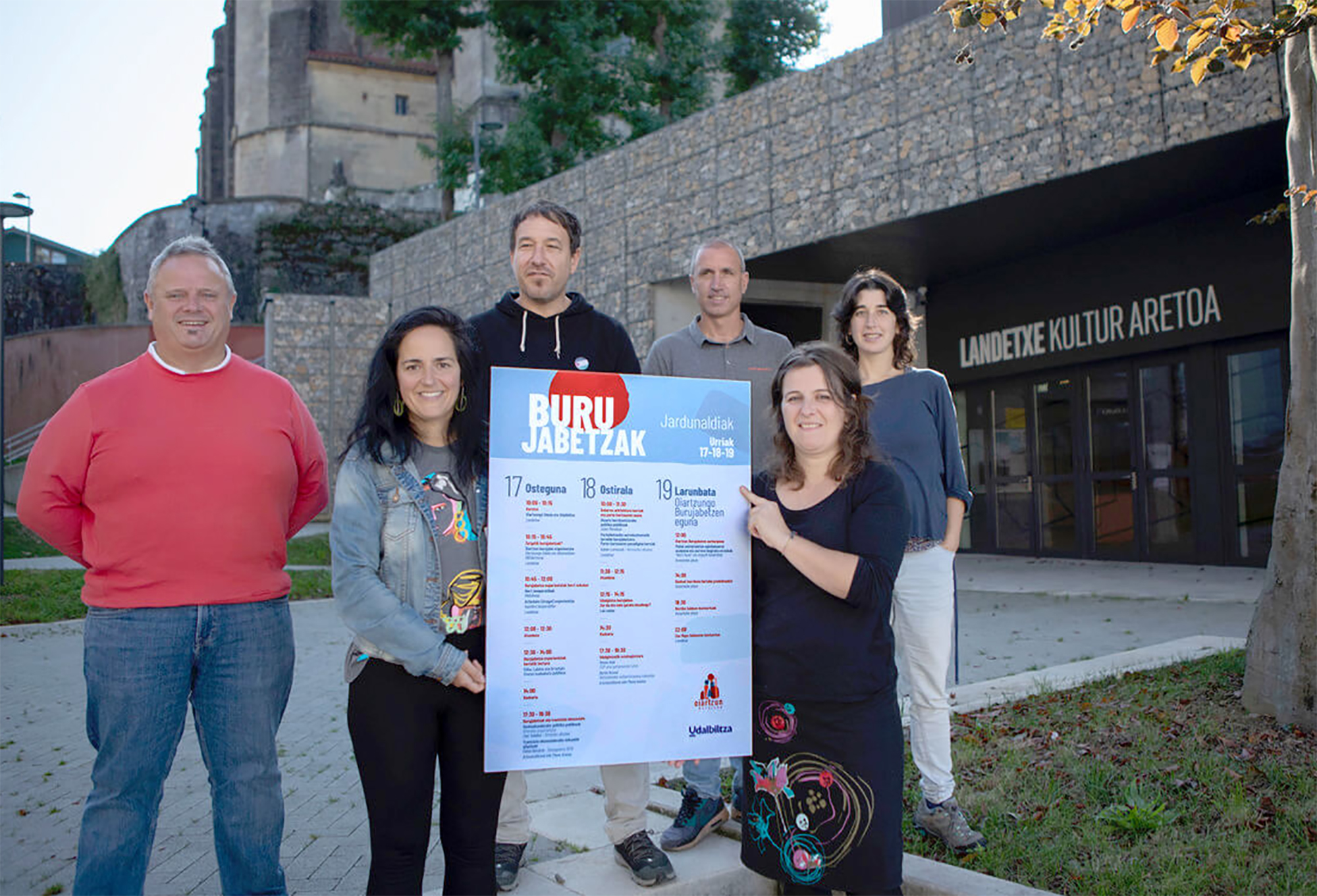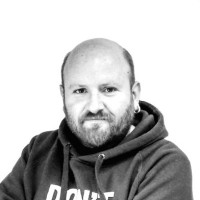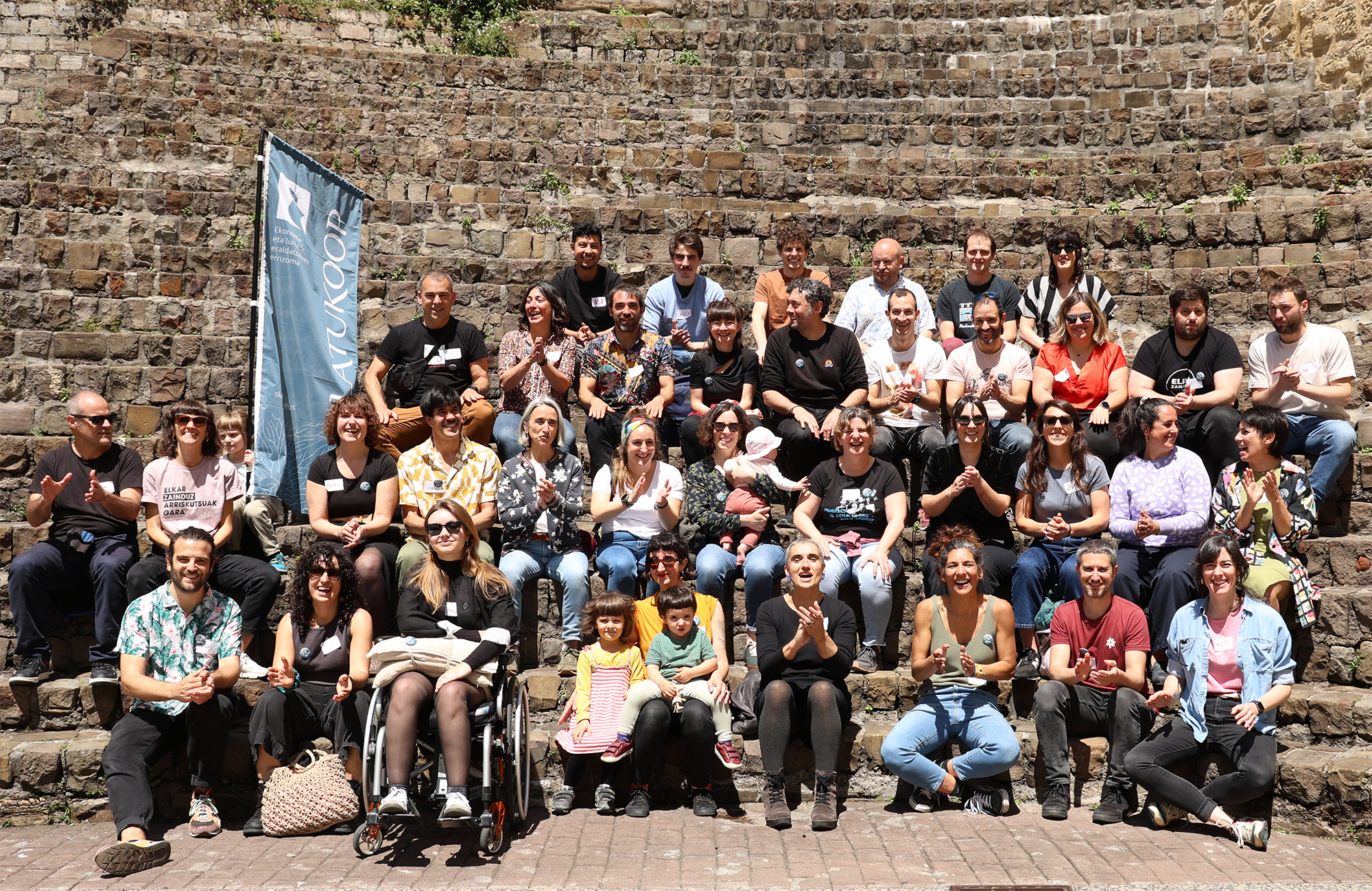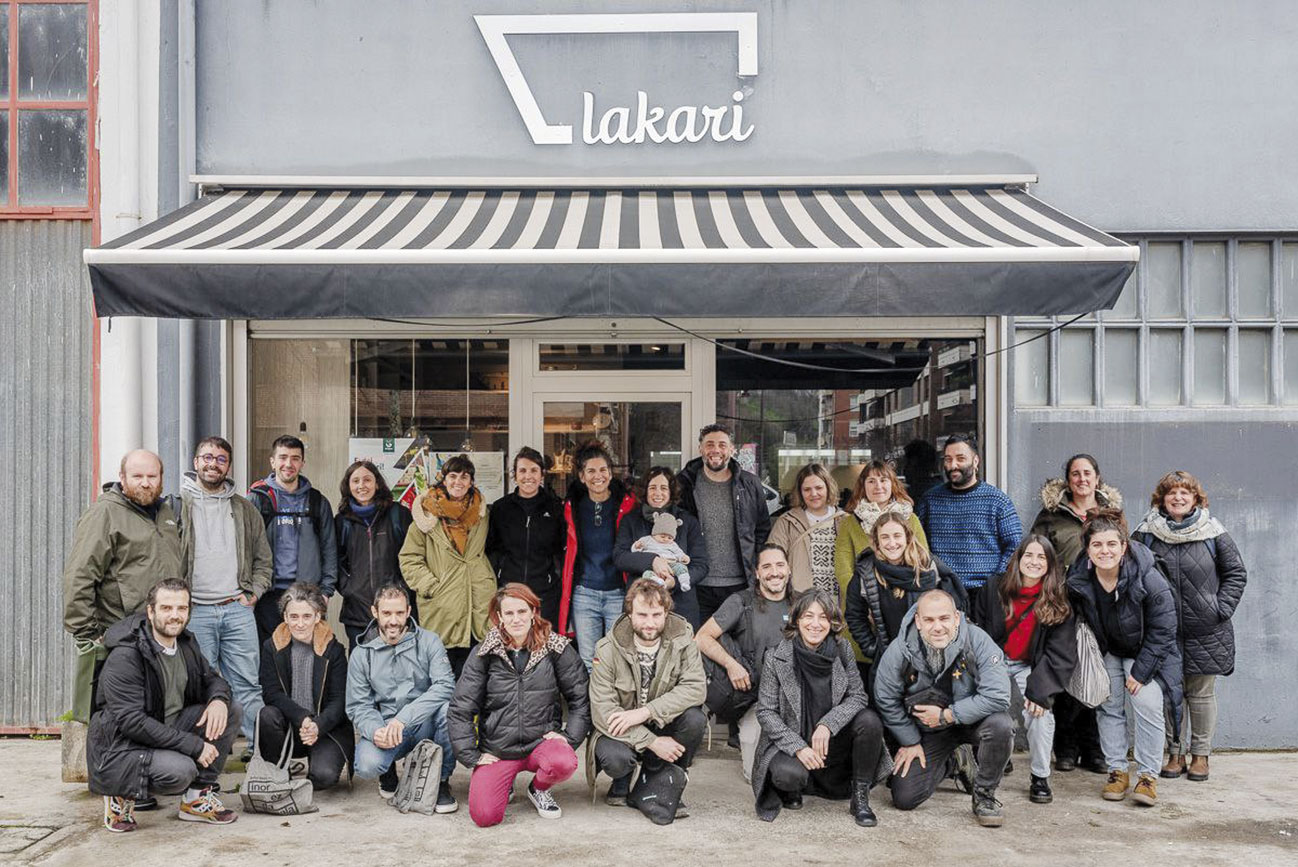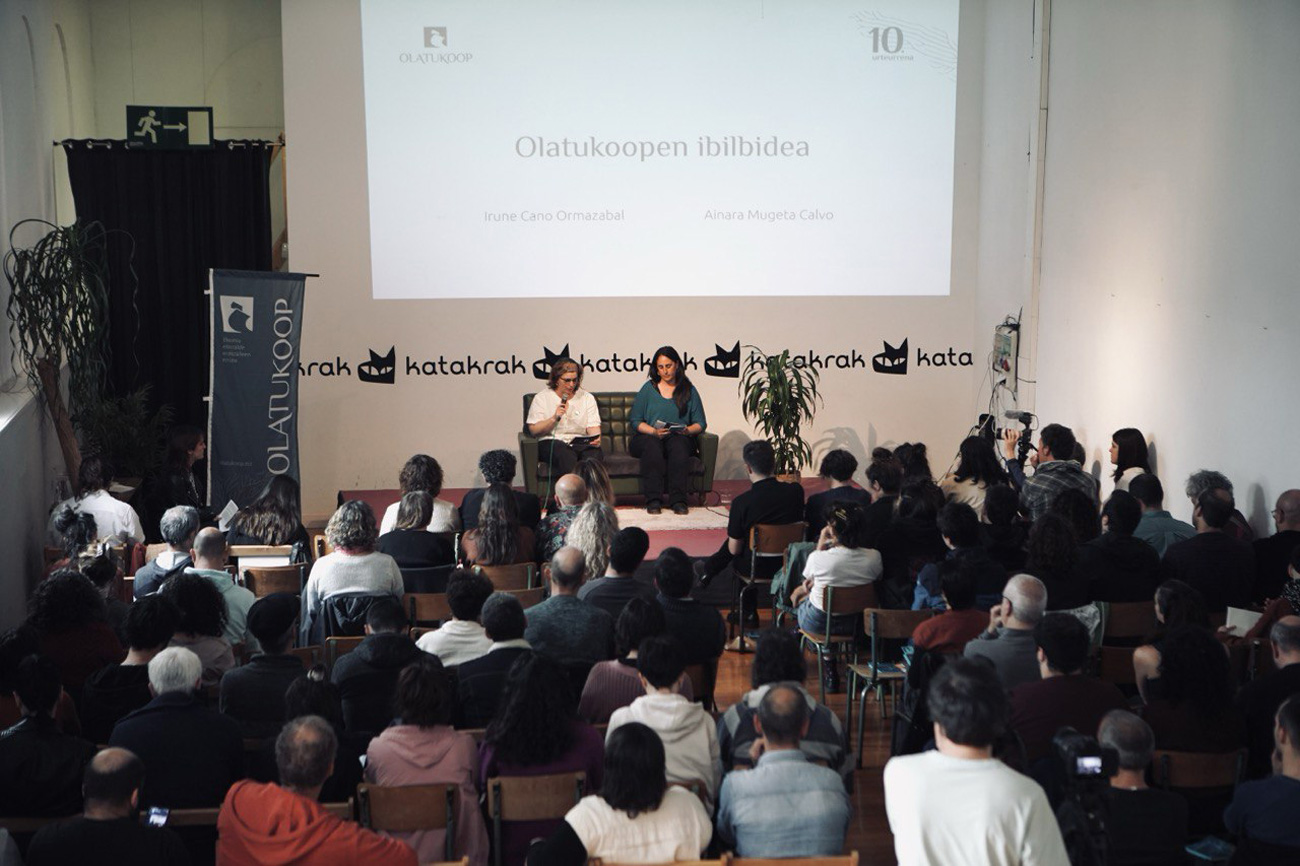When we were stolen from the economy
- Two steps are enough to convince economic experts that this is a complex issue and to put off a critical attitude. One: leaving out of public education the essential basic knowledge. And two: when working, present the neoliberal approach as absolute truth.
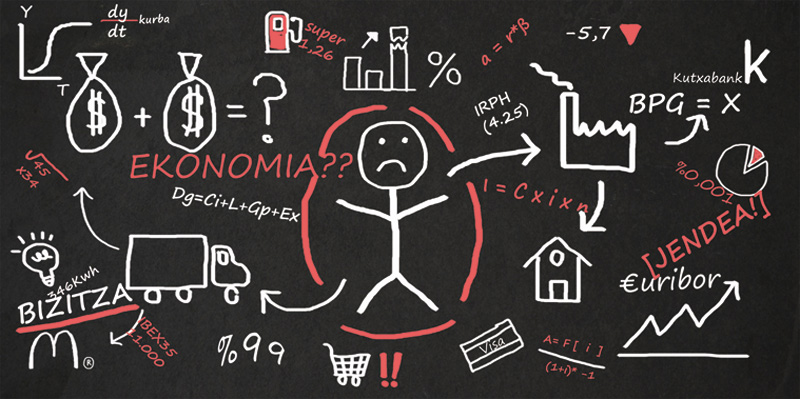
Take any election program and read point-by-point. Can the substance of the proposals be understood without being clear what each tax or pension system is? Can you question the statements made by the European Central Bank's major presidents who are not familiar with other models? Anyone who has never received basic training knows what the hell he is signing in a contract, in a loan or in any case? Well, with exceptions, no; and yet, every year thousands of teenagers leave the institute without acquiring enough knowledge to understand the fluctuations of the economic system and develop their own opinion.
Enekoitz Etxezarreta is a professor of the UPV/EHU and belongs to the GEZKI (Institute for Cooperative Law and Social Economy). It says that when you hear anything about economics, a lot of people feel that it's something that's hard to understand, and that's no coincidence. “The discourse is invested more than it should, news is published in an excessively technical language, so that people can discern and conclude that the economy has its own rules. Economics is always something these ‘experts’ know.” The social economy, on the contrary, believes that it shows just the opposite: that the economy can be something that is in our hands, that we have the collective capacity to make socio-economic decisions and to influence.
Ensuring basic knowledge is not enough
Etxezarreta says that from compulsory education a great deal of work can be done, both by bringing the economy closer to people and by identifying concrete values as “common sense”. Leire Uriarte, a professor of MU and a member of LANKI (Mondragon Unibertsitatea Cooperation Institute), is of the same conviction. It considers it essential to ensure a basic knowledge of the economy through education, but it also considers it important to determine from which point of view it works. “If non-hegemonic economic thinking has no place, we are giving a partial view of the world, consistent with the system. If we don’t talk about ecological crises and differences, what kind of people are we educating?”
Uriarte says that we have to recover the economy and put it at the service of life. “We believe that economic phenomena have life of their own, because they present it to us, but they are not a consequence of human interventions and decisions. If this is not clear, we can hardly believe that the ways of doing economy can change.”
At university, acrimony is also the protagonist.
The scarce role of the economy in compulsory education generates misinformation, and without basic knowledge, it is difficult to develop a critical vision. But also those who have chosen a path of the economy transversally to conduct higher and middle studies, have barely found an instrument to tighten their critical gaze. Bilbaíno Paulo Guridi studied the Degree in Economics at the Sarriko School of the UPV/EHU. It says that the concepts studied here take the form of empirical truth, even if they are not. “It is focused on repeating and applying what are said currents such as the neoclassical or the Keynesian, leaving a very small margin for personal reflection.” Subsequently, the master's degree in Social Economy and Solidarity has sought something that he did not find in the undergraduate program and has noticed a great contrast. “Teachers, in many cases, are the same, but they feel freer to think and create spaces and dynamics to criticize different aspects of the economy.”
Marina Sánchez:
“Comprehensive neoliberal propaganda is 90% of what we learn in economic faculties”
It is not just a scourge that affects the Basque Country. Valencian Marina Sánchez is an expert in feminist economics, not so because of her training in the Degree of Economy of the University of Barcelona. “Comprehensive neoliberal propaganda is 90% of what is learned in economic faculties. At most, only one lesson from each course gathers different points of view and, in addition, in a sleepy way.” The ERNAI organization has invited several talks in Euskal Herria these days: about the non-wage works that remain under cover, about the sustainability of life... all of this claiming the existence of an economy. “That, for example, has hardly any place in universities.” In the first course, a critical economy group was created in collaboration with a professor, which has allowed him to learn much more than in the university.
Derogations
There are people who, aware of the seriousness of the situation, are working on other paths. The role of GEZKI, for example, is to help fill the gap surrounding the Social Economy in the teaching offer of the University of the Basque Country. That's what Etxezarreta says. “Given the importance of the social economy, and above all the cooperative movement, in the Basque Country, it is not reasonable for the presence in university programs to be so low.”
On the one hand, as most GEZKI members are professors of degrees, they try to accommodate the social economy theme: offering a space in their subjects, inviting external speakers or proposing themes for graduate studies, among others. In addition to this formal offer, they offer students complementary training through the days they have been organizing over the years. They also offer, in collaboration with other departments and institutes, the graduate master's degree in Social Economy and Solidarity.
Also in the degrees directly related to education they are accommodating reflections on the economy, at least in Mondragon Unibertsitatea. Leire Uriarte works in this work. “In Primary Education and Early Childhood Education, in the second year, we worked on the link between school and society. We reflect on the challenges of the school in the context of current social changes. Understanding the main social trends is fundamental to be able to reflect on the social functions of the school, and the economy is one of the major determinants of social dynamics”.
In addition to analyzing the characteristics and influence of neoliberal capitalism, we try to demonstrate that there are other ways of doing, as Uriarte explained: “We also reflect on the objective that the economy should have: What is the economy for? To respond to the needs of society or to earn as much as possible?”
Telebistan ikus eta entzuten dugunak ere badu eraginik ekonomiaz dugun ezagutza eta pertzepzioan. Zer esanik ez, txikienen kasuan. Euskal Telebista Publikoan haurrentzako 3txulo saioan ekonomiaren oinarrizko kontzeptu zenbait azaltzen dituen Ekonomikeriak izeneko tartea dute: inbertsioa, deflazioa, banku dirua, barne produktu gordina… Saioa aproposa da hedabideetan ekonomiaz aritzean gehien errepikatzen diren kontzeptuetara hurbilpen bat egiteko, baina gaur egun bankuek, espekulazioak edo etengabeko hazkunde nahiak duten eraginarekiko diskurtso kritikorik apenas sumatzen da. Askori ez zaio harrigarria irudituko, tartea Caixabank-ek babesten baitu.
Budgets and the closure of annual accounts are nothing more at this time, from the domestic economy to most of the socio-economic spaces that we share. Large companies have begun to extract calculators and implement major plans for 2025. Small and medium-sized institutions and... [+]
I write these lines the day after the elections to the European Parliament, the dark times, the triumph of the Reactionary International in the elections to the European Parliament. It was already in advance and it is the confirmation of the conservative phase we live in, but it... [+]









